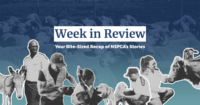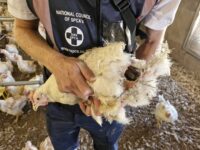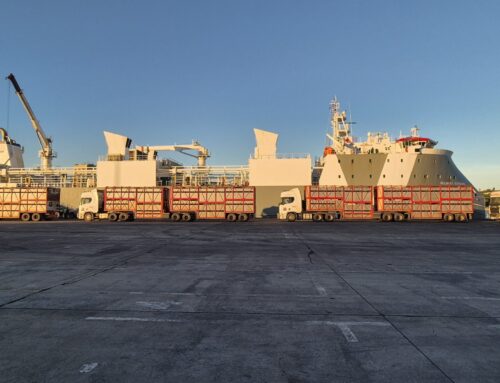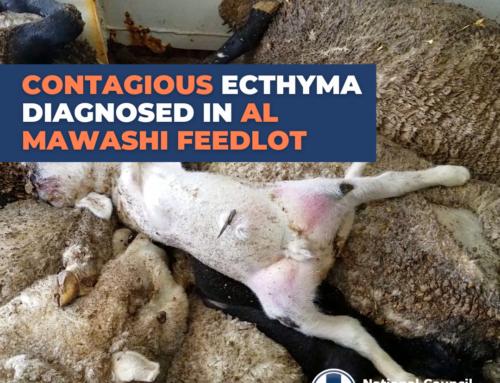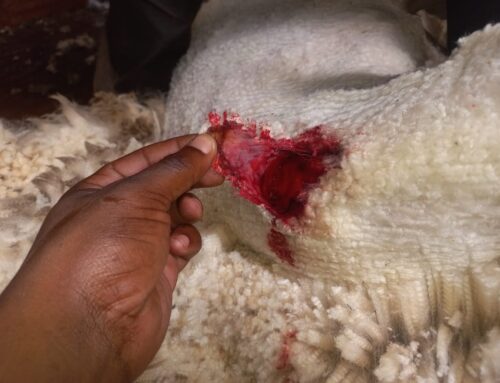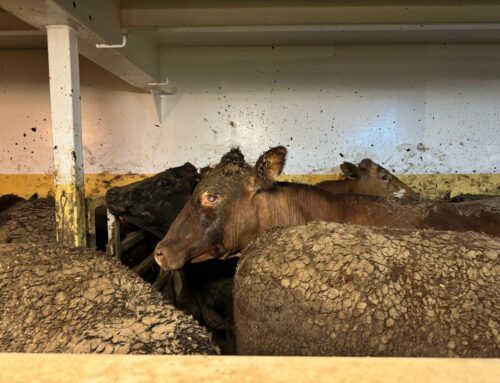Since 2019, the NSPCA has been in and out of Court fighting for live sheep exports to be banned in South Africa.
The battle was separated into two parts, namely Part A and Part B. In Part A, the NSPCA sought to prevent Al Mawashi (South Africa’s largest exporter of sheep) from exporting any sheep from South Africa to the Middle East until Part B of the application was heard in court. The NSPCA was granted an interim interdict to prevent Al Mawashi from exporting until Part A was heard before the court. Part A was then argued before the late Acting Judge Dukada, who made an order that allowed the shipment to go, subject to certain conditions.
In Part B, the NSPCA sought to gain a complete ban against live sheep exports from South Africa. Looking at Part B, it became clear that it would need to be run on trial and not by way of application as the opposition and AJ Dukada had raised a dispute of fact, which the NSPCA was not aware of until after its papers had already been filed.
The NSPCA has not given up its fight to protect our sheep from live export. In the beginning of May 2022, the NSPCA issued a Summons in the East Cape High Court Division for this matter to be heard as an action trial. This will allow our experts to testify in person as well as give our legal team the opportunity to cross-examine the experts and witnesses in the case.
In the trial, the NSPCA will expose the true suffering that takes place on board live export vessels. Our sheep are exported during some of the hottest months of the year to one of the hottest places on Earth- the Middle East. During their 21 day journey North of the equator, our sheep will be exposed to persistently high temperatures without relief. The combined heat and humidity can reach catastrophic levels which often results in heatstroke and death. The vessels are not cleaned until they arrive at their destination which means that the sheep are forced to live in a build-up of three weeks(or more) worth of urine and faeces. The ammonia from the build-up of urine and faeces poisons the air, burns the eyes and throats of those on board and often leads to respiratory infections. The sheep are also overcrowded which makes it difficult for some to reach food and water, some of them may be left to suffer from untreated diseases, motion sickness, physical trauma and injuries. Each year, hundreds of thousands of animals die on board live export vessels during transit.
The trial may last weeks as the arguments are heard in Court. This will come at an additional cost to the NSPCA that will have to pay the travelling costs, the accommodation costs of our team, and the fees of our legal team and our highly esteemed experts- most of whom are international.
It has been a long road, and there is still a long way to go but the NSPCA remains steadfast and we know that out supporters remain steadfast in this battle with us too. The NSPCA appeals to all our supporters to please contribute financially towards our battle. Together, we will be able to continue our fight and abolish this live export nightmare once and for all! https://nspca.co.za/donate/
If you are as passionate about animals and their well-being as we are, consider supporting our causes by donating.
Latest News Posts
Will You Be the One Who Takes Action?
Most people will scroll past this. But will you be the one who stands up for animals?
Animal welfare isn’t always in the spotlight, but it changes lives – for every neglected, abused, or suffering animal we help. Our teams work tirelessly, often behind the scenes, ensuring animals across South Africa are protected.
This work is relentless. The challenges are immense. But with more hands, hearts, and resources, we can do even more.
The equation is simple: the more supporters we have, the greater our reach, the stronger our impact.
Be part of the change. Become an NSPCA Project Partner today. From just R50 per month, you can help ensure that no animal suffers in silence.

